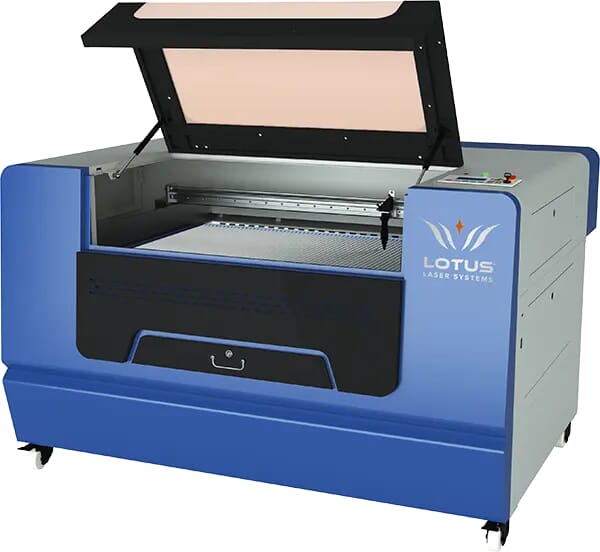About
CE Marking and Why it Matters
The CE Mark is a set of procedures that guarantees a product conforms to EU regulations for health and safety. It is a legal practice that must be followed by manufacturers, importers, and distributors of most electronics and machinery in the EU/AA markets. For your own safety, you should always check a product carries the CE mark, unless it is excluded (such as a food product).
Why it matters
CE MARKING
The CE mark is important because it signifies that a product has been carefully assessed and meets high safety, health, and environmental protection requirements. It is an indicator of a product’s compliance with EU legislation, and is a requirement for certain products, no matter where they are manufactured, if they are to move freely within the European market.
Not all products require CE marking however, it is only mandatory for products which are covered by one or more of the New Approach Directives; a series of legislative requirements which are in place to protect both consumer and manufacturer by ensuring complete product safety.

EU LEgislation
Which Products Must be CE Marked?
Products that require CE marking range from electrical equipment and medical devices to machinery and even toys. The full list of product categories which must bear the CE mark can be found below:
- Active implantable medical devices
- Measuring instruments
- Appliances which burn gaseous fuels
- Machinery
- Safety of toys
- Cableway installations which are designed to carry people
- Pyrotechnics
- Eco-design of energy related products
- Protective systems and equipment which is intended for use in potentially explosive atmospheres
- Civil explosives
- Simple pressure vessels
- Hot water boilers
- Refrigerators and freezers for household use
- In vitro diagnostic medical devices
- Recreational craft
- Non-automatic weighing instruments
- Lifts
- Medical devices
- Electromagnetic compatibility
- Noise emission in the environment
- PPE
- Radio and telecommunications terminal equipment
- Safety of toys
- Non-automatic weighing instruments
- Low voltage
- Simple pressure vessels
Legal Requirement
CE Marking Enforcement
It is a legal requirement for a product to bear the CE mark if it’s covered by the CE Marking Legislation, so how is it enforced? It all comes down to individual countries. Each country will have their own Market Surveillance Authorities who investigate cases, and if they find a product does not meet CE marking requirements, they will provide the manufacturer with an opportunity to ensure it is correctly CE marked. Failure to comply will result in the product being taken off the market, and the manufacturer may also be liable for a fine and imprisonment.
SAFETY RISK
Non-Compliant Laser Systems
Despite there being many Market Surveillance Authorities to prevent misuse, sadly, non-compliant imported machinery still enters the EU market from companies who create laser machines without consideration for European regulations. These machines will not bear the CE mark, so the end user will not know whether the systems truly adhere to stringent health and safety requirements, putting themselves and others around them at risk with every use. These cases of non-compliance may occur simply because of a lack of knowledge or because of deliberate infringements by producers who prioritise a cut in production costs over high safety standards.
At Lotus Laser we do things differently. Every machine is designed, assembled, configured, and tested in the UK to the highest standards. We choose high grade components for all our models and each one is compliant with CE, RoHSII, ISO9001 and FDA Regulations.
